Health problems on board
 [audio:https://aviationenglishblog.com/wp-content/uploads/2010/08/Health_problems_on_board.mp3|titles=Health_problems_on_board]
[audio:https://aviationenglishblog.com/wp-content/uploads/2010/08/Health_problems_on_board.mp3|titles=Health_problems_on_board]
Health problems on board
Aim
- Practice English skills in an aviation context
- Learn some healthy tips specific to cabin crew while learning the terminology of illnesses cabin crew may face
- Have fun!
| Tip! If possible, read through the entire lesson out loud |
After health professionals, cabin crew must rate as one of the professions most exposed to communicable illnesses while on the job and, unlike doctors and nurses, there’s not much in the way of protection on hand, and no escape route! Add to that the long, intensive hours worked and jet lag, how can flight attendants possibly boost their immunity and minimise sick days?

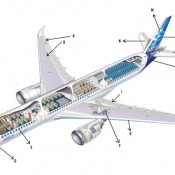


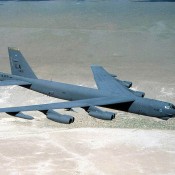
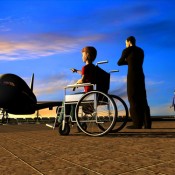



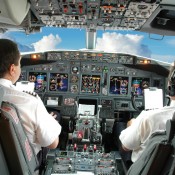











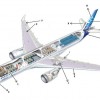


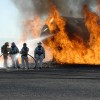
Recent Comments